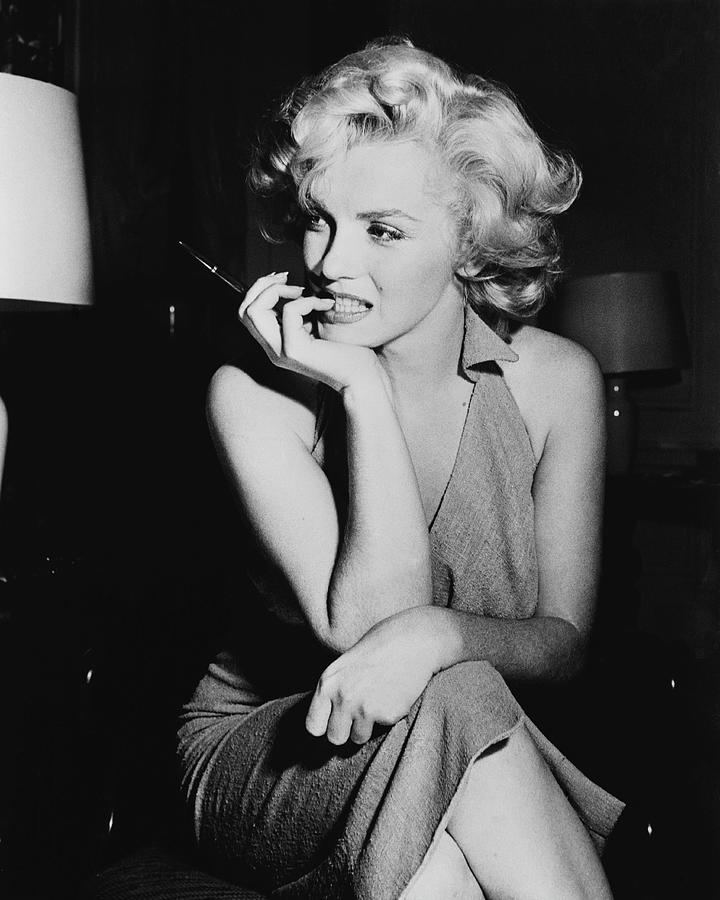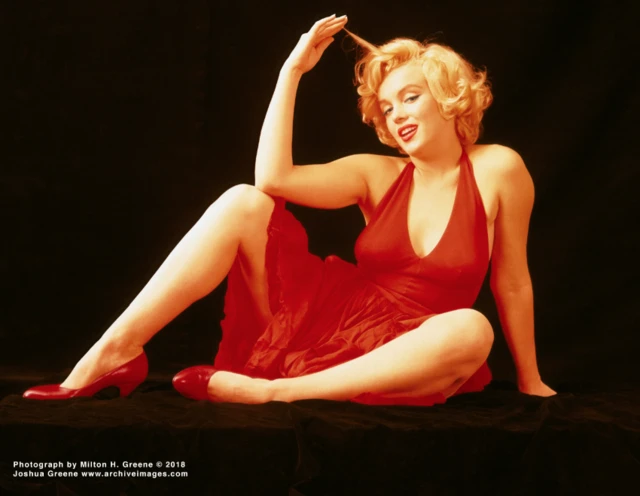By the time Marilyn Monroe locked herself in a bathroom on the set of Some Like It Hot, she was already an icon. Her name was synonymous with glamour, sex appeal, and the blonde bombshell image that had made her famous. But inside that locked door, crying because the crew wouldn’t stop laughing when she forgot a line, she wasn’t Marilyn. She was Norma Jeane — the woman behind the myth, desperate to be taken seriously.

This moment wasn’t just about a flubbed take. It was the embodiment of the double bind that had defined her career. Monroe had perfected the role of the ditzy blonde so convincingly that Hollywood believed she was that character. Directors found her difficult, studios saw her as decorative. But few knew she was studying Chekhov in her downtime, scribbling notes in Freud’s works, and training under Lee Strasberg — a mentor usually reserved for the most serious dramatic actors of the time.

She fought for more than roles. She fought to be seen.
In 1954, she made an unprecedented move for a woman in Hollywood: she started her own production company. It was bold, defiant, and entirely hers. Monroe negotiated better contracts, turned down roles that didn’t challenge her, and refused to be reduced to a studio puppet. But the world still clung to her image — the one in the white dress, laughing over a subway grate.
That image, while iconic, was also a mask.
Behind it was a woman carrying the heavy burden of loneliness, addiction, and the constant need to prove herself. Pills helped her sleep, ease her nerves, dull the ache of being everyone’s fantasy and no one’s reality. In public, she was radiant. In private, she was unraveling.

And yet, she kept showing up. Every time the director called “action,” Monroe stepped into the light — mascara fixed, voice steady, smile ready. She gave everything to her work, not for applause, but in hope that someone, somewhere, might see through the shimmer and recognize the artist within.
Monroe didn’t crave fame — she already had that. What she longed for was respect. To be seen not as a poster, but as a person. Not just a muse, but a mind.

All these decades later, the question still lingers: Have we ever truly seen Marilyn Monroe, or just the legend we built around her?
Maybe it’s time we opened that bathroom door — and finally looked.